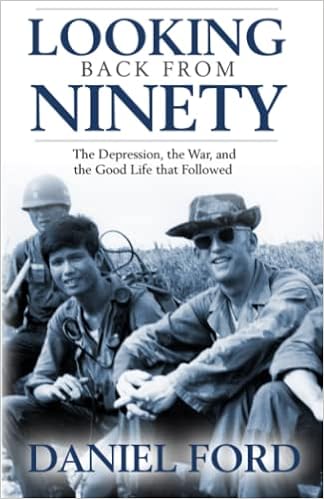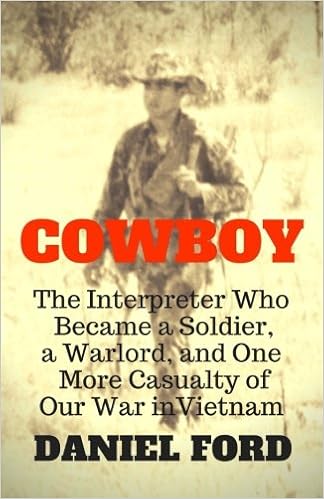heroes, historians, and reading the future
Robert Kaplan of The Atlantic Monthly, who wrote that awfully depressing piece on ‘The Coming Anarchy’, has a much more upbeat op-ed in the Wall Street Journal this morning. He’s writing about the everyday heroism of troops in Iraq, and how ‘Americans have been conditioned less to understand Iraq's complex military reality than to feel sorry for those who are part of it’. In passing, there’s some commentary on ‘American’ news media as being more an international phenomenon than a national one. This fits with Kaplan’s (and others’) notion about the decline of the nation-state. In this regard, he defines the infamous Fox News channel as less right-wing than the only national news outlet left standing (in the US anyhow).
Since I am in New York for an opera binge, I found one part of Kaplan’s ‘Anarchy’ essay amusing: writing in 1994, he sees an African slum as ‘what American cities might be like in the futre’. Well, 2007 certainly qualifies as the future, yet I feel much more comfortable in New York today than I did in 1994, when I first began coming here on a regular basis. Either Rudy Guiliani was a miracle worker, or Kaplan’s essay is another example of the folly of projecting present trends into the future.
Huntington, for example, quotes Deng as saying ‘a new cold war’ is likely between the U.S. and China. Sixteen years on, China and the U.S. are in such a close embrace that people speak of ‘Chimerica’ as the new world economy. Another of our essayists (I am alas removed from my notes) forecast with a certain schadenfreude that Japan was about to eclipse the United States as the world’s foremost economy. Gosh, we haven’t heard much about the Japanese economy in the past ten years! Instead it’s China that’s about to eclipse the U.S., if only as the world’s foremost polluter.
When was it that historians stopped trying to explain the past and began trying to predict the future? Not the best possible choice, it seems to me.











2 Comments:
Hi Dan,
Thanks for that, and for the comment on Mearsheimer.
DF: Somehow I don't think the students at Chicago are getting their money's worth.
OB: There seems to be a similar problem in Harvard. S.P. Huntington is Eaton Professor of the Science of Government. His best work, 'The Soldier and the State' was published in 1957. Is there a point of no return in academia, from which everything would be published, whatever its quality?
And indeed Mearshimer's co-author is none other than Stephen Walt, who is (take a deep breath!) the academic dean and Robert and Rene Belfer Professor of International Relations at the Kennedy School of Government at Harvard. Blue skies! -- Dan Ford
Post a Comment
<< Home